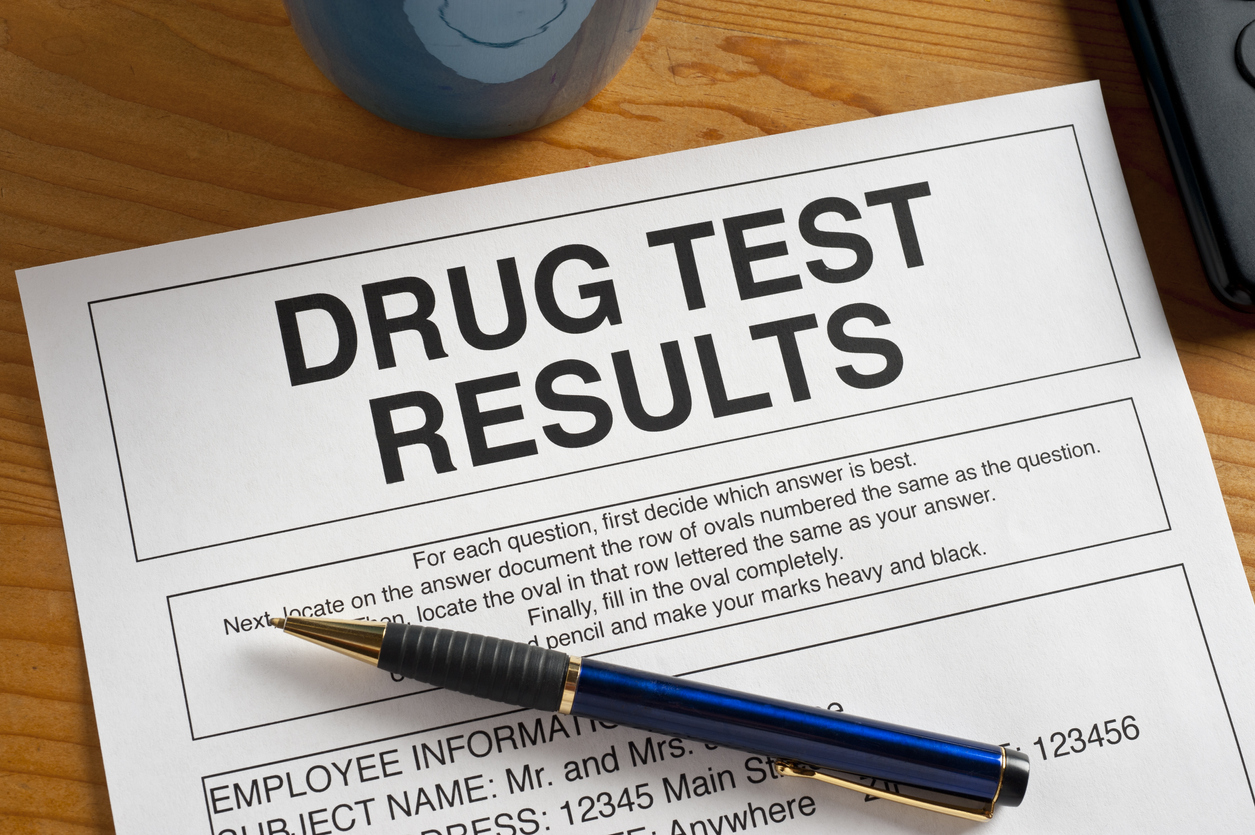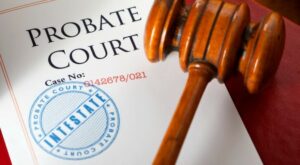Can a Family Court Judge Order a Hair Follicle Drug Test?
What is a Hair Follicle Drug Test?
A hair follicle drug test analyzes hair samples to detect traces of illicit substances that have been ingested in the past 90 days. Hair samples are collected by cutting 50-120 strands of hair from the head or body. The hair is then sent to a laboratory where it is screened for commonly abused drugs like marijuana, cocaine, opioids, methamphetamines, and ecstasy. Compared to urine or blood testing, hair follicle testing offers a much longer window of detection that can provide insight into repeat drug use over months rather than days.
Circumstances Where a Judge May Order Testing
Judges have the authority to order parties in a family law case to undergo drug and alcohol testing if there is evidence that substance abuse may be affecting parenting abilities.
During divorce and custody proceedings
If drug use is suspected during a divorce or child custody case, either party can request the judge to order a drug test. This includes testing of both parents if drug use allegations are raised by either side. The judge will determine if there is sufficient cause to warrant testing.
If there are concerns about drug use affecting parenting
Judges can mandate testing if there are legitimate concerns that a parent’s substance abuse is impairing their ability to safely care for the child. Signs of neglect, unsafe behavior, DUIs, or criminal drug charges may lead a judge to require a test.
To check compliance with a drug treatment program
Individuals with a known history of drug abuse may be court-ordered to undergo treatment and testing as a condition of maintaining or regaining custody rights. Hair follicle tests provide long-term monitoring of abstinence.
Factors a Judge Considers in Ordering Testing
Judges have discretion in deciding whether to require a hair follicle drug test. Some factors they consider are:
Evidence of current drug use
Judges look for tangible signs of active drug use, not just speculation. Failed urine tests, drug possession charges, and DUI convictions can support requiring more extensive hair testing.
History of drug abuse
Previous substance abuse issues, participation in treatment programs, and relapse episodes will influence the perceived need for hair follicle testing.
Requests from attorneys or guardians
Input from attorneys and guardians ad litem about observed behaviors may factor into a judge’s decision to order testing.
Best interests of the child
Protecting the safety and well-being of children is a priority. If the child’s environment appears threatened by potential drug use, judges may require testing.
The Testing Process
If a judge orders hair follicle drug testing, here is how the process typically works:
How hair samples are collected
After ruling to require testing, the court will specify a certified laboratory to perform sample collection. Samples are cut as close to the scalp as possible, using about 120 strands of hair. If head hair is too short, body hair may be collected instead.
What drugs can be detected
Hair follicle tests screen for 5-10 of the most commonly abused substances, including cocaine, opiates, marijuana, methamphetamine, ecstasy, and PCP. The specific drugs tested for can be customized as needed.
How far back drug use can be detected
Hair grows about 0.5 inches per month. A standard test is able to detect repeat drug ingestion up to 90 days prior to the hair specimen collection. However, customized timeline analyses up to 12 months can also be performed.
Reliability and Limitations of Hair Testing
Hair follicle drug testing is generally quite reliable but there are some limitations to consider:
Accuracy compared to other drug tests
Hair testing is considered the most accurate and difficult to cheat method. While urine and blood testing detect recent use, hair testing reveals long-term patterns of repeat use.
Potential for false positives
False positives are unlikely with laboratory-based hair tests, but can sometimes occur from environmental exposure or hair treatments. Confirmatory retesting can mitigate false results.
Inability to determine frequency of use
While hair shows drug ingestion occurred in the previous 90 days, it cannot pinpoint dates/times or distinguish between one-time, occasional or heavy use.
Right to Refuse Testing and Consequences
Parties have the right to refuse a judge’s order for hair follicle drug testing:
Testing cannot be physically forced
While sanctions may apply for noncompliance, hair collection cannot be done without consent. Forced physical testing would be considered battery.
Refusal may lead to loss of custody
Declining ordered tests without sufficient cause may result in negative inferences by the judge and loss of child custody.
Judges weigh right to privacy vs. child welfare
Judges must balance personal privacy rights against potential harm to children. They may rescind testing orders if circumstances do not seem to warrant it.
Conclusion and Key Takeaways
In summary, family court judges have the authority to compel parties in custody disputes to undergo hair follicle drug testing if substance abuse appears evident and relevant to parenting abilities. Judges consider various factors in determining if testing is in the child’s best interests. While testing cannot be physically forced, refusal to comply may damage a parent’s case. Hair follicle testing provides a less invasive and more stable indicator of repeat drug use over an extended timeframe compared to other methods. However, limitations exist in the ability to pinpoint specific usage patterns. Parties should consult with legal counsel regarding their rights and strategies if ordered by a judge to undergo hair follicle drug testing.
Frequently Asked Questions
Can I dispute or appeal a judge’s order for hair follicle drug testing?
You can file a motion challenging the validity of the order and asking the judge to reconsider based on privacy concerns or lack of evidence. Consulting your family law attorney on the chances of success and potential consequences of appealing is advisable.
How soon after the court order must the hair drug test be performed?
The judge can specify a timeline for completing testing, such as within 30 days. Extensions may be granted if you demonstrate reasonable constraints in meeting the deadline. Testing should be promptly arranged to show compliance.
Can I request the other parent be drug tested as well?
If you have credible evidence and concern that the other parent is using drugs, you can request the judge order hair follicle testing of both parents in the interests of fairness and protecting the child. Discuss your concerns with your attorney.
Do results stay confidential from other family members?
Hair drug test results become part of the sealed court record and are only accessible to the parents, their attorneys, judge, and approved agencies. Results cannot be disclosed to other family members without consent.
Who pays for court-ordered hair follicle drug testing?
The judge can order one or both parties to cover the costs, or may seek other funding sources. Be prepared for the possibility of needing to pay $200-$500 or more depending on the number of tests.







